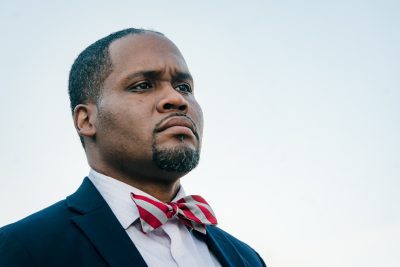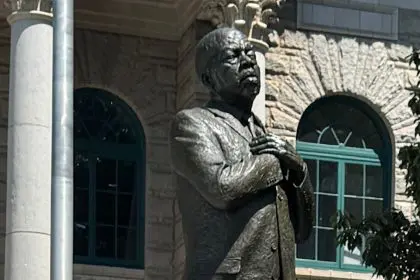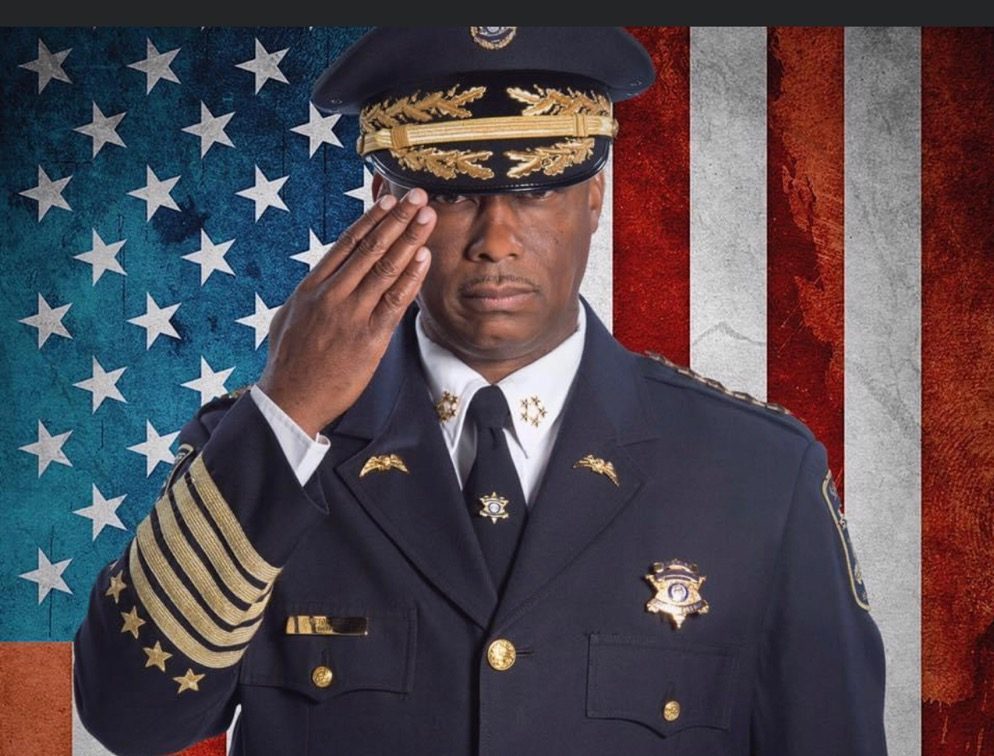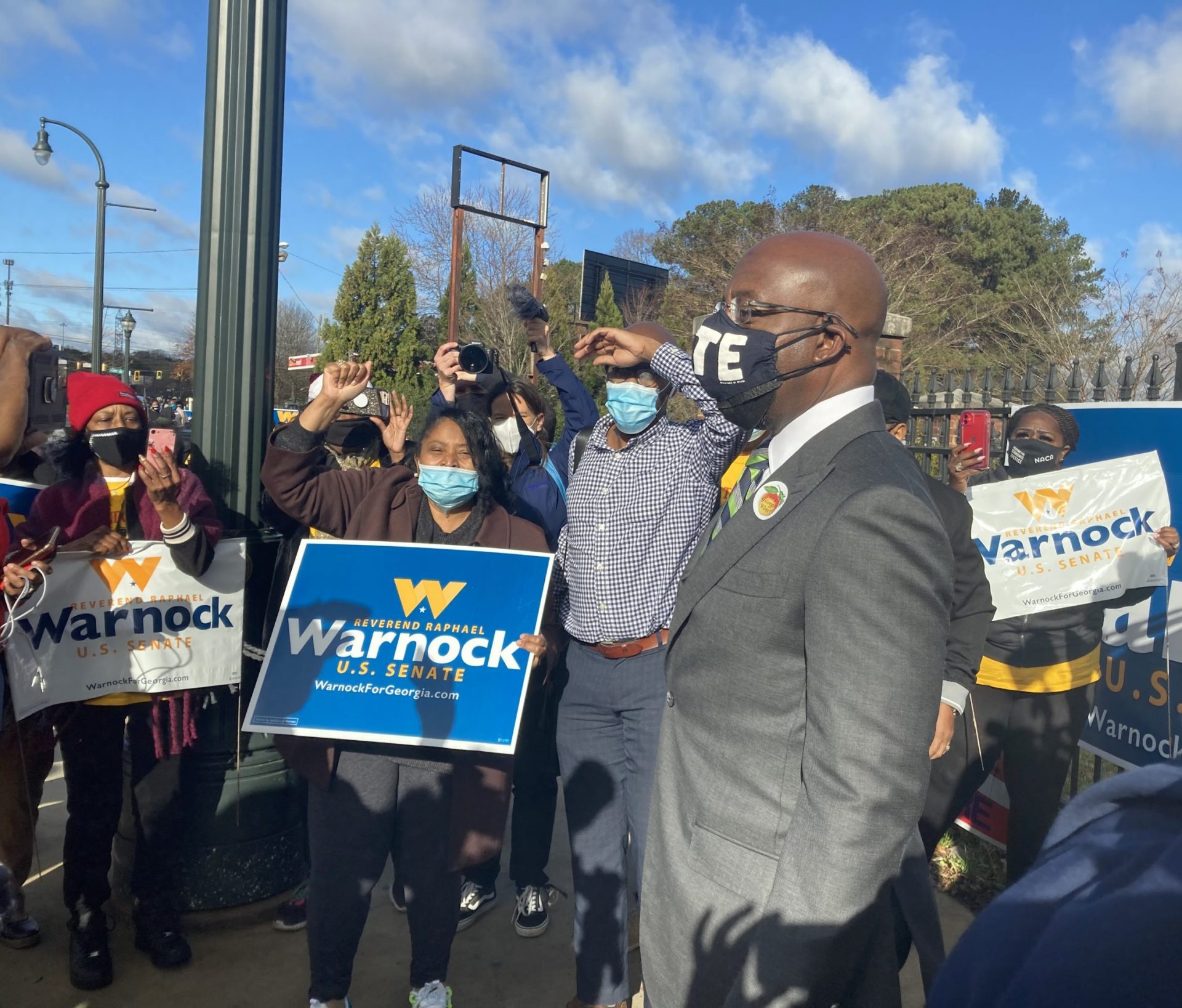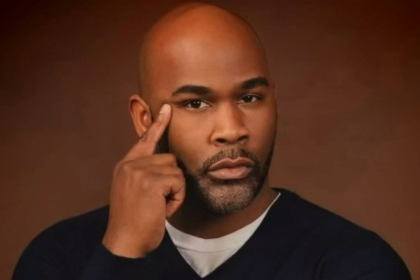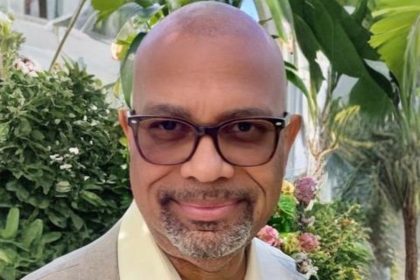
There are 37 states in America where cannabis is legal either medically, for adult use, or both. In Georgia, 71% of residents support making cannabis legal, but the state’s cannabis policies are remarkably out of step with the opinion of our citizens. Georgia is one of only 19 states where simple possession can still land you in jail. Possession of one ounce or less carries a maximum penalty of up to one year of imprisonment. Possessing more than an ounce is considered a felony and can result in up to 10 years’ imprisonment.
These arrests continue 50 years after the release of a report issued by the Shafer Commission, that found personal cannabis possession was not a danger to society and the laws criminalizing cannabis possession were too harsh to apply. The Commission therefore recommended that possession for personal use not be a criminal offense. You may not know about the Shafer Commission nor its report that was issued in 1972, and for good reason. Its findings were buried by the Nixon administration, never to see the light of day.
Then, President Richard M. Nixon had launched the “war on drugs” one year earlier. According to his former domestic policy advisor John Ehrlichman, Nixon had two enemies: the anti-war left and Black people. He decided to get the American public to associate cannabis with hippies and heroin with Blacks, heavily criminalizing both. This allowed him to disrupt the two communities. His plan worked.
A 2020 report by the American Civil Liberties Union (ACLU) found that Black people are 3.64 times more likely to be arrested for cannabis possession as white people despite comparable usage rates. Law enforcement made more than 6 million cannabis-related arrests from 2010 to 2018. In 2018 alone, there were nearly 700,000 arrests for cannabis. Those arrests accounted for 43% of all drug arrests. Also in 2018, law enforcement made more cannabis arrests than arrests for all violent crimes combined, including homicide, rape, robbery, and assault. Black Americans have borne the brunt of the continued “war on drugs.”
Unlike the statistics nationwide, Black Georgians and white Georgians use cannabis at a nearly identical rate, but Black Georgians are three times more likely to be arrested for cannabis possession. Research performed by my council office showed more than 90% of the individuals arrested in Atlanta for possession of one ounce or less of cannabis were Black. Additionally, local law enforcement cites the scent of cannabis during traffic stops and uses it as a pretext to search vehicles, many times never finding the cannabis they suspected.
The price paid by Black bodies arrested and convicted of cannabis possession can linger for years and in many instances a lifetime. A cannabis offense can negatively impact public housing, student financial aid eligibility, employment opportunities, child custody determinations, and immigration status. Decriminalizing cannabis can save thousands from involvement in the criminal justice system and prevents them from becoming collateral damage to antiquated drug laws.
Already, 31 states and Washington, D.C. have enacted laws that prevent incarcerating their residents for possession of small amounts of cannabis. In 18 of those states and D.C., cannabis is fully legal for adults 21and older. It is time for Georgia to follow suit. The taxpayer dollars and resources that our state’s law enforcement agencies waste enforcing draconian cannabis laws would be better spent addressing and solving serious crimes and collaborating with communities of color to build trust and increase public health and safety.
The cannabis industry has a large, growing impact on the U.S. economy. With 2021 sales totaling approximately $92 billion and projected 2025 sales estimated at around $160 billion, Georgia could use tax revenue from legal cannabis sales to repair or build schools like Colorado, or support essential services like public transportation, libraries, and social services as is the case in California. Any of these efforts would help to restore those communities most harmed by the criminalization of cannabis. Therefore, it is time for Georgia lawmakers and the U.S Congress to adhere to the recommendations of the Shafer Commission and immediately decriminalize cannabis, ensure that the criminal records of those who have received a conviction for simple cannabis possession are expunged, and set aside a certain percent of dispensary ownership licenses for communities of color.
Kwanza Hall
Former member of Congress

